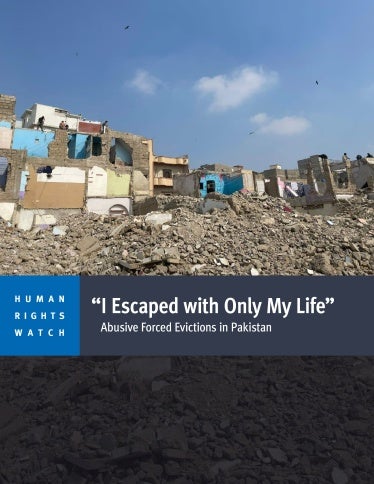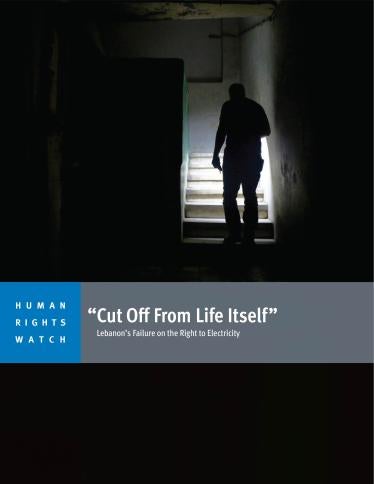The Gig Trap
Algorithmic, Wage and Labor Exploitation in Platform Work in the US
The 155-page report, “The Gig Trap: Algorithmic, Wage and Labor Exploitation in Platform Work in the US” focuses on seven major companies operating in the US: Amazon Flex, DoorDash, Favor, Instacart, Lyft, Shipt, and Uber. These companies claim to offer gig workers “flexibility” but often end up paying them less than state or local minimum wages. Six of the seven companies use algorithms with opaque rules to assign jobs and determine wages, meaning that workers do not know how much they will be paid until after completing the job.

















